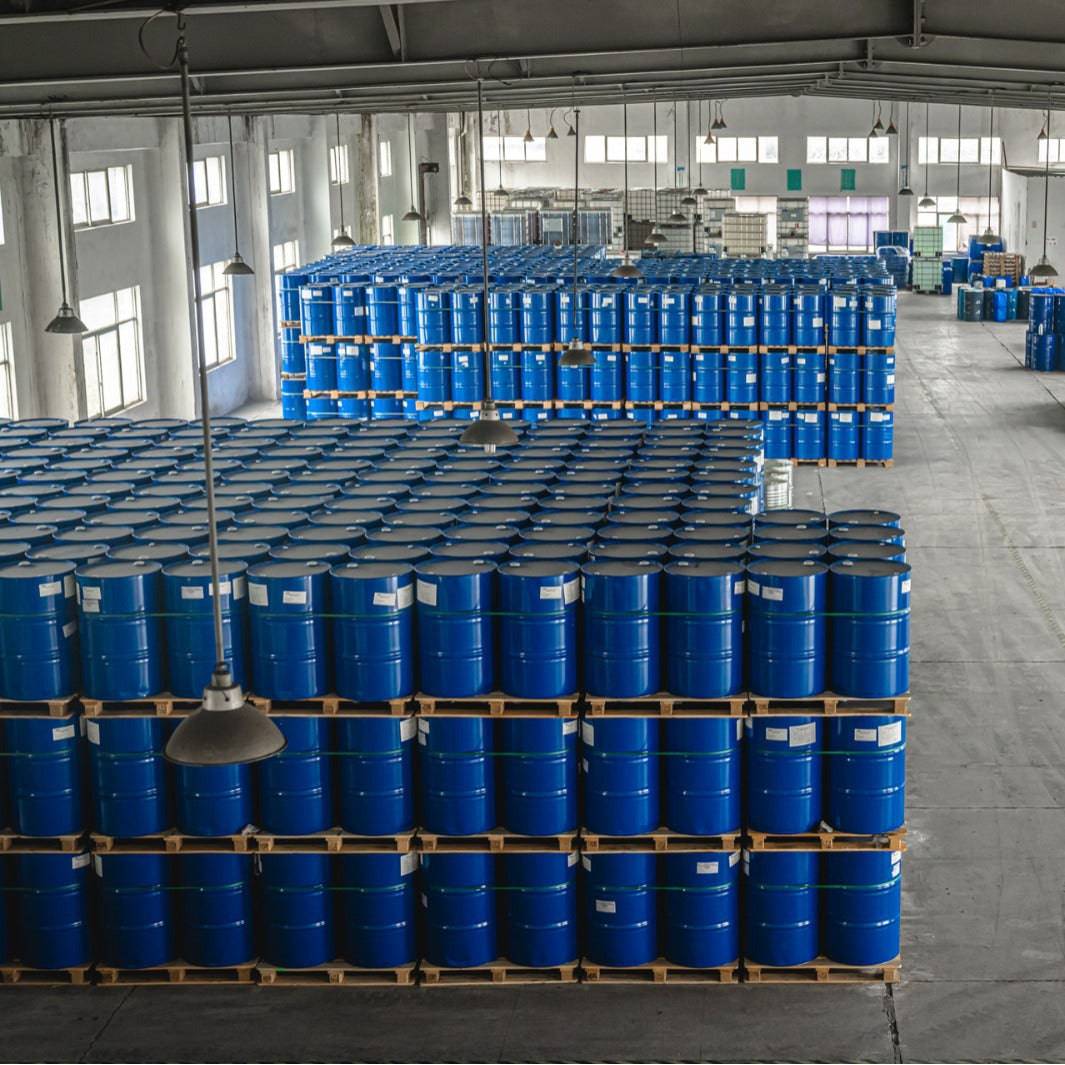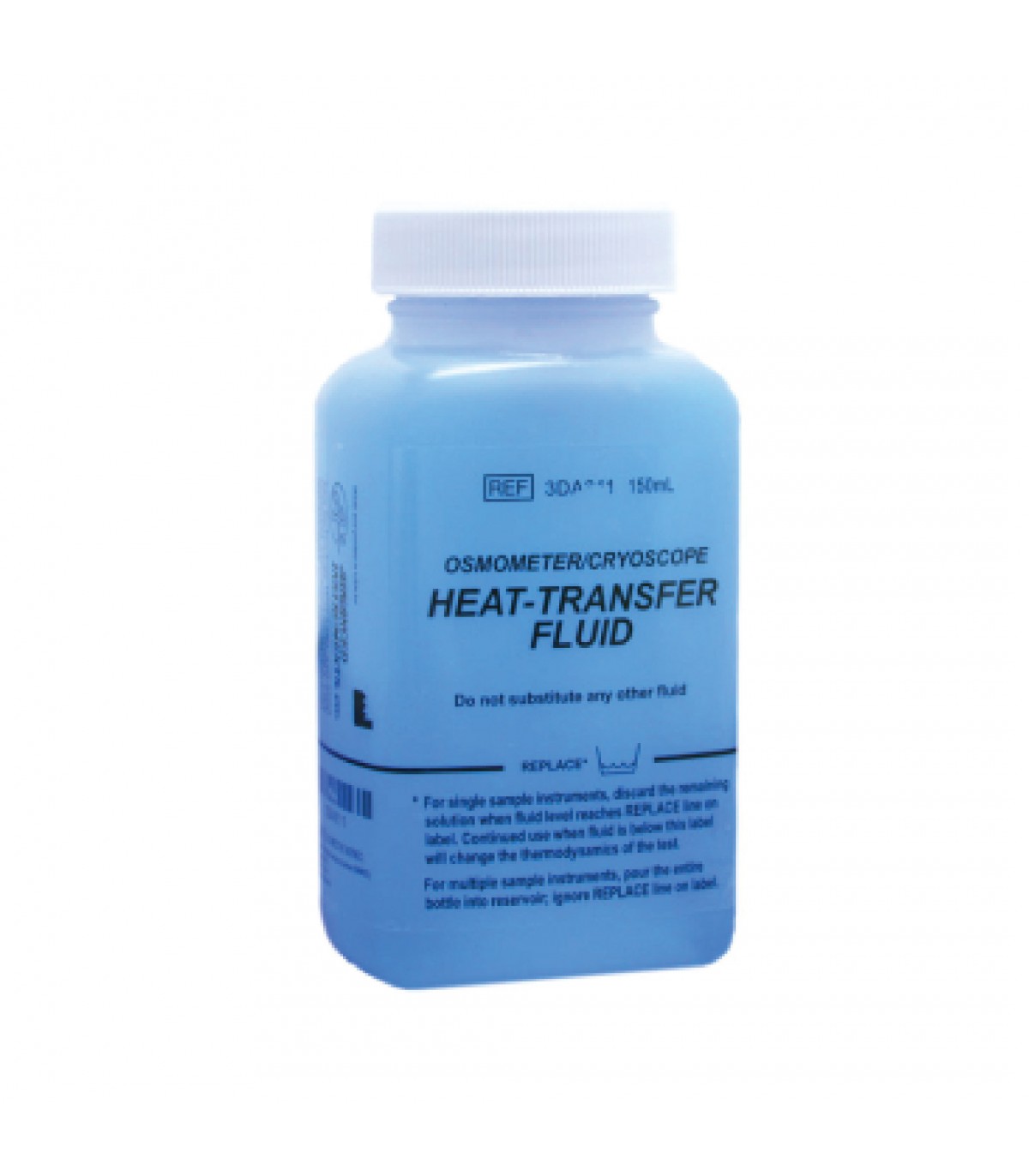How Heat Transfer Fluid Effects the Effectiveness of A/c Equipments
How Heat Transfer Fluid Effects the Effectiveness of A/c Equipments
Blog Article
Exactly How Heat Transfer Liquid Adds To Lasting and Economical Workflow
In the modern industrial landscape, the role of warm transfer fluids (HTFs) in promoting sustainable and affordable operations can not be overstated. These liquids are pivotal in optimizing thermal management systems, therefore significantly boosting power efficiency and decreasing functional expenses. The environmental advantages of sophisticated HTFs, with their high thermal stability and low poisoning, are undeniable. They not only expand system long life however additionally add to the reduction of unsafe emissions. Yet, truth potential of HTFs is recognized through the meticulous selection procedure, making sure compatibility and security. Yet what factors should assist this critical option?
Comprehending Heat Transfer Fluids
In the world of thermal monitoring, warmth transfer liquids (HTFs) serve as crucial representatives for moving thermal power from one area to another. These liquids play an essential role in numerous commercial applications, consisting of chemical handling, power generation, and HVAC systems.
The make-up of warm transfer fluids can differ substantially, including alternatives such as mineral oils, synthetic oils, glycols, and molten salts. Each kind uses distinct benefits, such as improved thermal security, low thickness, and high boiling points, which are picked based upon specific functional requirements. The choice of HTF influences not only the effectiveness of warm transfer but also the longevity and security of the system in which it is employed.
As markets remain to innovate, the development of sophisticated HTFs, identified by their improved thermal conductivity and decreased environmental influence, is crucial for satisfying the needs of modern-day thermal management difficulties.

Enhancing Power Efficiency

Improving power performance has actually come to be a paramount issue across different markets, triggering a better exam of warmth transfer fluids' role in optimizing thermal management systems. These fluids are essential to preserving the preferred temperature in processes, consequently decreasing power waste and boosting total system performance. By picking an appropriate heat transfer fluid, industries can substantially enhance their energy performance, leading to lowered power usage.

Advanced formulas of heat transfer liquids have been created to stand up to extreme temperature levels while preserving stability and efficiency. Boosting power performance with ideal warm transfer fluid selection is not only a technical need but also an ecological crucial.
Reducing Functional Prices
Operational costs are a significant factor to consider for sectors looking for to keep competitive advantage, and the choice of warm transfer fluid plays a crucial role in expense monitoring. Picking an appropriate heat transfer fluid can cause considerable expense financial savings by boosting system performance and reducing energy usage. High-performance liquids decrease thermal degradation, which in turn decreases the frequency of fluid substitute and downtime related to maintenance, therefore lowering functional expenditures.
Moreover, warmth transfer liquids with premium thermal security and deterioration resistance expand the lifespan of equipment. This reduces the requirement for constant fixings and replacements, which can be costly and disruptive to operations. By purchasing premium liquids, sectors can achieve long-lasting decreases in upkeep expenses and boost the dependability of their systems.
Additionally, advanced warm transfer liquids usually exhibit lower thickness at running temperatures, which boosts pump efficiency and lowers energy usage in fluid flow. This optimization of power intake official site directly equates into reduced operational expenses. In addition, many contemporary warmth transfer fluids are engineered to run properly over a broad temperature range, minimizing the demand for numerous liquid types, thus enhancing supply needs and lowering linked expenses. These variables jointly add to even more lasting and economical procedures.
Ecological Impact Reduction
The push towards lowering ecological influence has actually obtained energy in sectors leveraging warmth transfer liquids. Warmth transfer liquids (HTFs) play a crucial role in this transition, providing chances to improve energy efficiency and lower exhausts - heat transfer fluid.
Furthermore, the usage of innovative heat transfer liquids adds to improved system performance, decreasing the overall power consumption. This decrease not only causes cost financial savings but additionally reduces co2 discharges, assisting in the fight versus climate adjustment. Fluids that are biodegradable and recyclable additionally enhance sustainability initiatives, as they decrease waste and promote round economy techniques.
Additionally, integrating HTFs into closed-loop systems stops fluid loss and contamination of the surrounding environment. This method makes certain that fluids Bonuses are recycled, reducing the demand for brand-new resources and limiting waste generation. By welcoming these environmentally aware techniques, sectors can Get More Information substantially diminish their environmental impact while preserving high functional performance, aligning with worldwide sustainability objectives and regulatory needs.
Picking the Right HTF
Selecting the proper warm transfer liquid (HTF) is an important action in advancing ecological sustainability within industrial processes - heat transfer fluid. An excellent HTF must possess a high thermal capability, reduced thickness, and high thermal conductivity to make sure efficient warm transfer.
This makes certain longevity and decreases maintenance costs. The fluid needs to be safe and biodegradable, minimizing its eco-friendly footprint and making certain conformity with ecological policies.
Conclusion

Report this page